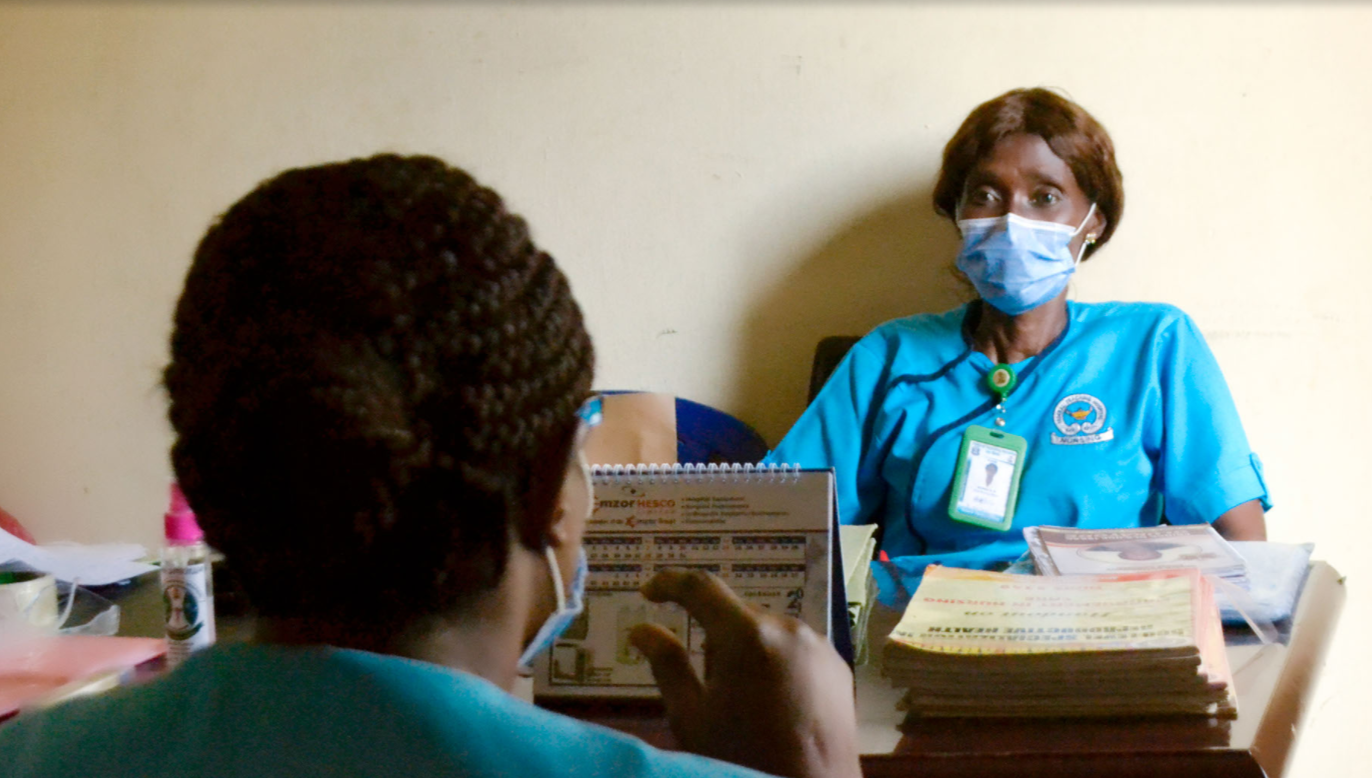
Tag: Harm Reduction


COVID-19 case management in Bhutan: Establishing a cadre of master trainers
Using Geographic Information System (GIS) for targeted HIV case finding in Cross River State, Nigeria
COVID-19 and HIV: New programmatic resources from the EpiC project
Atténuer l’impact de COVID-19 sur les programmes VIH ciblés sur les populations clés

